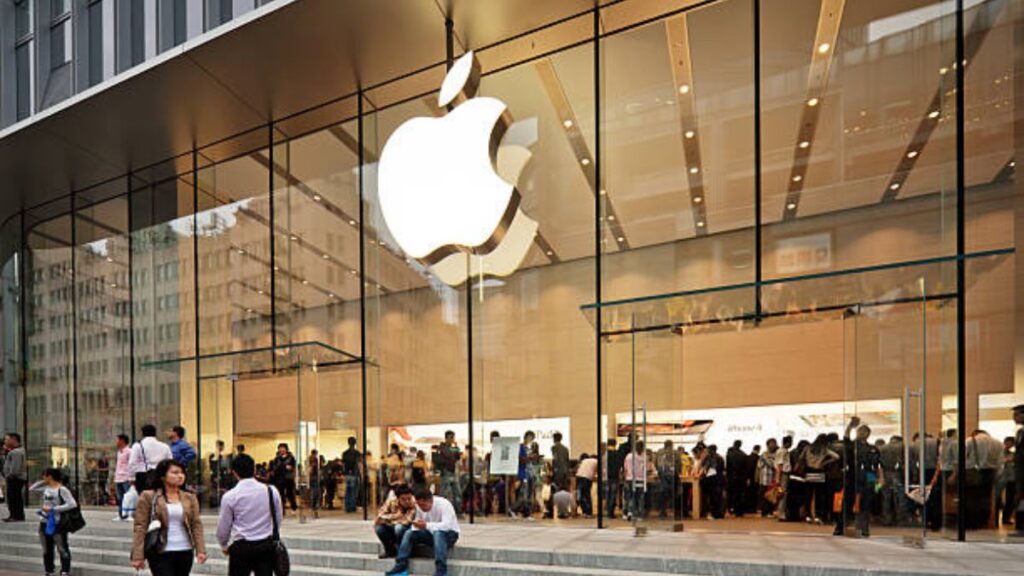Apple unveiled its App Clear Tracking feature for IPhone iOS 14.5 earlier this year, claiming it was a mess of user privacy.
This feature is designed to prevent third-party applications from collecting user data, which promises unprecedented levels of privacy for iPhone users. It seems that the company has, in a sense, fallen short of this commitment.
The new report sheds light on how some of the larger apps are still able to collect user data on iPhones, even if users choose to resist it by feature.
Quoting events from companies like Snap and Meta (known as Facebook), the report says how user data is still being collected on iPhones, albeit in a different way than before.
The new data collection method uses an integrated approach. Instead of directing specific users to collect data, applications now collect data from phones while keeping users anonymous. This is done by collecting and storing data in an integrated way.
A similar idea has been observed with Google’s FLoC before. The Google app is designed to be one of the browser cookies and aims to integrate “large groups of people with similar interests.” This means that FLoC is used to collect individual user data anonymously, as part of a larger group.
Apparently the apps on the iPhone are now collecting user data in the same way. While Apple’s App Tracking feature prevents apps from accessing user-specific data points, surprisingly allowing this app to exist. The trend is reflected in a new Financial Times report, as quoted by Ars Technical.
Privacy gone?
Apple’s privacy policy was facing a major setback, largely led by Facebook, at the time of its announcement. Companies have argued that the ban on data collection will affect targeted ads, which will hurt businesses that earn money from those ads.
At the time, Apple was still firm and was issuing a policy anyway. Now that data collection is taking place through the workaround, the App Tracking feature, Apple makes a mistake in approving those requirements.
The difference is that the big tech now trusts similar companies to make user data anonymous before using it. As reported by the Financial Times, data collected by applications includes the user’s IP address and location.
However, as with applications that use this data, such information is required for some important application functions, such as the language in which the app should operate or the screen size of the device to use it.
In all other respects, applications have decided to conceal certain data points that link to the user and use them as collected demographic information.
How much or how much information is stored, and how much it holds for user privacy as per Apple policy, is still a gray area.
Note that this is not the only app that has been working closely with Apple’s App Tracking Transparency. A September report by the Washington Post revealed how apps use “fingerprints” to collect user data on iPhones.
This practice includes apps that bypass your application for tracking, and sharing “special data points about your iPhone” with an external ad company.
Different data points, including Internet address, free storage, volume and phone battery level, may be used by advertisers to identify your iPhone.
With such a discovery, Apple’s claims of user privacy over the iOS feature are not really verified. It remains to be seen what the company plans to do with these transparency practices following its operating system.



